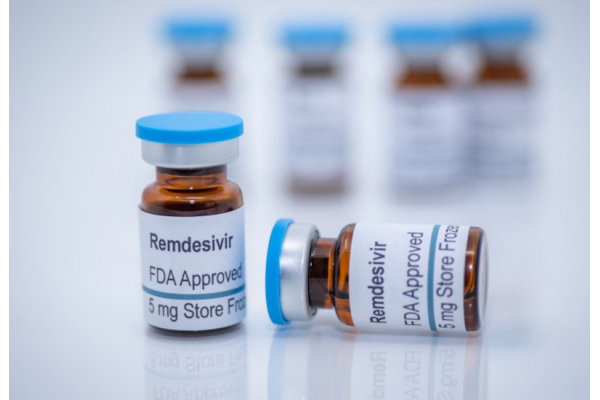Remdesivir Doesn’t Reduce COVID-19 Patients’ Risk of Death Study
October 20, 2020
Source: drugdu
 765
765

MONDAY, Oct. 19, 2020 (HealthDay News) -- The antiviral drug remdesivir doesn't reduce COVID-19 patients' risk of death, a new study says.
The World Health Organization-sponsored study of the drug -- the only antiviral authorized for treatment of COVID-19 in the United States --included more than 11,000 people in 30 countries, The New York Times reported.
The findings were posted online on Thursday, but have not yet been peer-reviewed or published in a scientific journal.
"This puts the issue to rest -- there is certainly no mortality benefit," Dr. Ilan Schwartz, an infectious-disease physician at the University of Alberta in Canada, told The Times.
However, another infectious-disease expert expressed caution about the findings.
A large trial like this that's conducted in numerous countries with different health care systems can result in inconsistent treatment protocols whose effects can be difficult to analyze, Dr. Peter Chin-Hong, University of California, San Francisco, told The Times.
"So much goes into care," he said. "The drug is only part of it."
Remdesivir's maker, Gilead, challenged the study's findings. The company said more rigorous studies had found a benefit, The Times reported.
Remdesivir was granted emergency authorization by the U.S. Food and Drug Administration in May after a U.S. National Institutes of Health study concluded that the drug modestly reduced the time to recovery in severely ill COVID-19 patients.
But that study didn't find that remdesivir prevented deaths in COVID-19 patients. A final analysis published Oct. 8 in the New England Journal of Medicine suggested "a trend toward reduced mortality" in certain COVID-19 patients who received remdesivir, according to Gilead.
MedicalNews
Copyright © 2019 HealthDay. All rights reserved.
From:https://www.medicinenet.com/script/main/art.asp?articlekey=247914
By editorRead more on
- The New CRISPR-Based Covid-19 Test Could Be a Game-Changer August 26, 2021
- Pfizer’s JAK inhibitor Xeljanz shows benefit in COVID-19 pneumonia August 25, 2021
- GSK, Vir look beyond COVID-19 to develop new therapies for flu and other respiratory viruses February 22, 2021
- Research finds decrease in radiotherapy treatments due to COVID-19 January 28, 2021
- Vicore Pharma’s C21 med shows promise in COVID-19 study December 23, 2020
your submission has already been received.
OK
Subscribe
Please enter a valid Email address!
Submit
The most relevant industry news & insight will be sent to you every two weeks.



